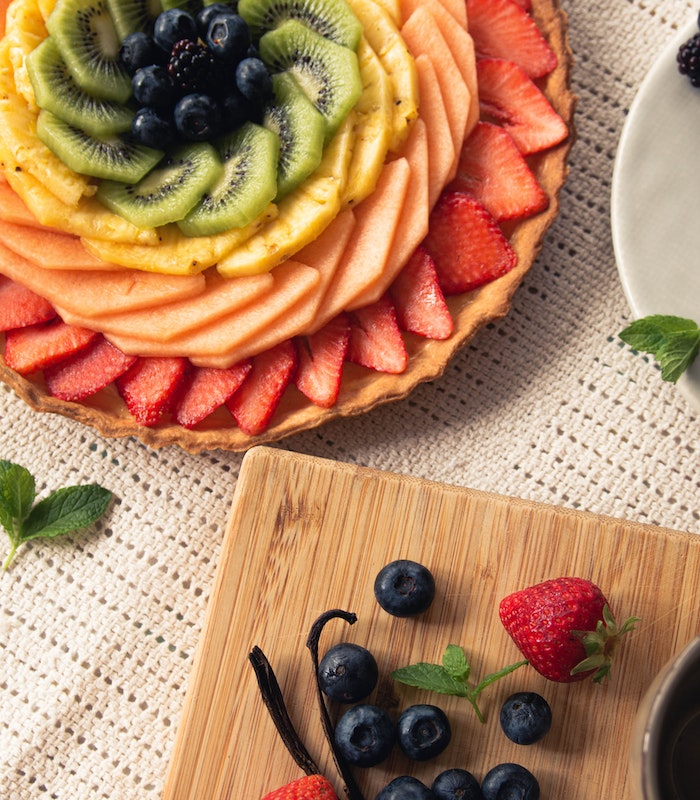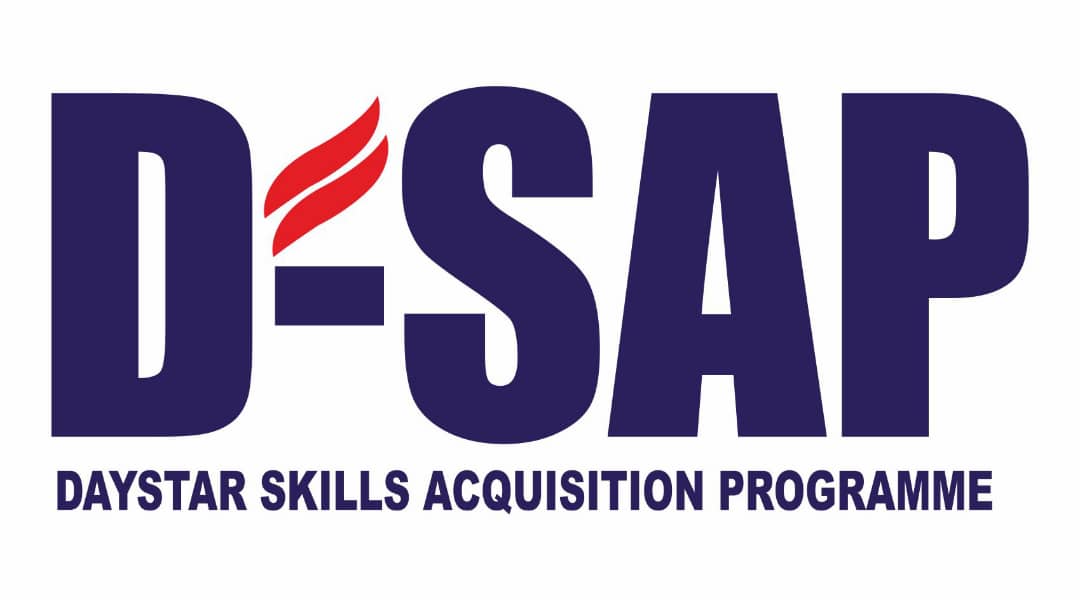
Course Title
Culinary Arts
Course Brief Details
Students will learn about the fundamentals, the tricks and techniques of cooking different meals.
The processes involved in planning meals and different methods of cooking will be learnt, especially for events/occasions.
- The importance of hygiene as it relates to food and food safety will also be treated.
- They will learn the preparation of good meals and the art of plating.
- Students will be taught basic table setting for events/ large occasions.
Students will learn about the fundamentals, the tricks and techniques of cooking different meals.
The processes involved in planning meals and different methods of cooking will be learnt, especially for events/occasions.
- The importance of hygiene as it relates to food and food safety will also be treated.
- They will learn the preparation of good meals and the art of plating.
- Students will be taught basic table setting for events/ large occasions.
It’s a hands-on class where of 80% practical and 20% theory. Several Nigerian and a few oriental cuisines will be taught and cooked in class with the teachers supervising them.
The session will end with projects to show/display some of the meals taught in the class.
1: Introduction to Catering Industry.
2: Hygiene
3: Food nutrients and its functions.
4: Budgeting and Shopping.
5: Organizing for a catering event.
6: Revision
7: Group class work
8: Presentations and Induction ceremony
a) Students will Know the different techniques in food preparation and production of some National and Continental dishes.
b) Students will Know how to shop for ingredients and buy in bulk to reduce cost.
c) Students will become more confident as a caterer to take action and provide excellent service in catering
Note: Tools and Ingredient are to be purchased as a group. We strongly advice that no student should buy anything until they are assigned to a study group.
1. Stove ( camp gas)
2. Pots
3. Frying Pans
4. Serving Spoons, Turning Stick (small size)
5. Bowls ( big, medium and small)
6. Chopping Board
7. Knives
8. Seasonings
9. Apron, Cap, Gloves and Napkins
10. Plates, Cutleries and Coolers ( medium sizes)
11. Liquid wash, soft sponge and iron sponge
12. Cling film, foil paper, serviette and kitchen tissue
13. Trays
14. Refuse bags
15. Vegetable oil and palm oil
1. Write out a list and attach likely price to each items
2. Have a budget to work with
3. Purchase at retail shops on Lagos island
4. Shop for utensils at Gorodomu on Lagos island
5. Check out different brands and compare prices
6. Don’t exceed budget
7. Compare prices of durable brands
8. Buy quality products
9. When Pricing be friendly yet firm
10. Visit other nearby markets you to compare prices
